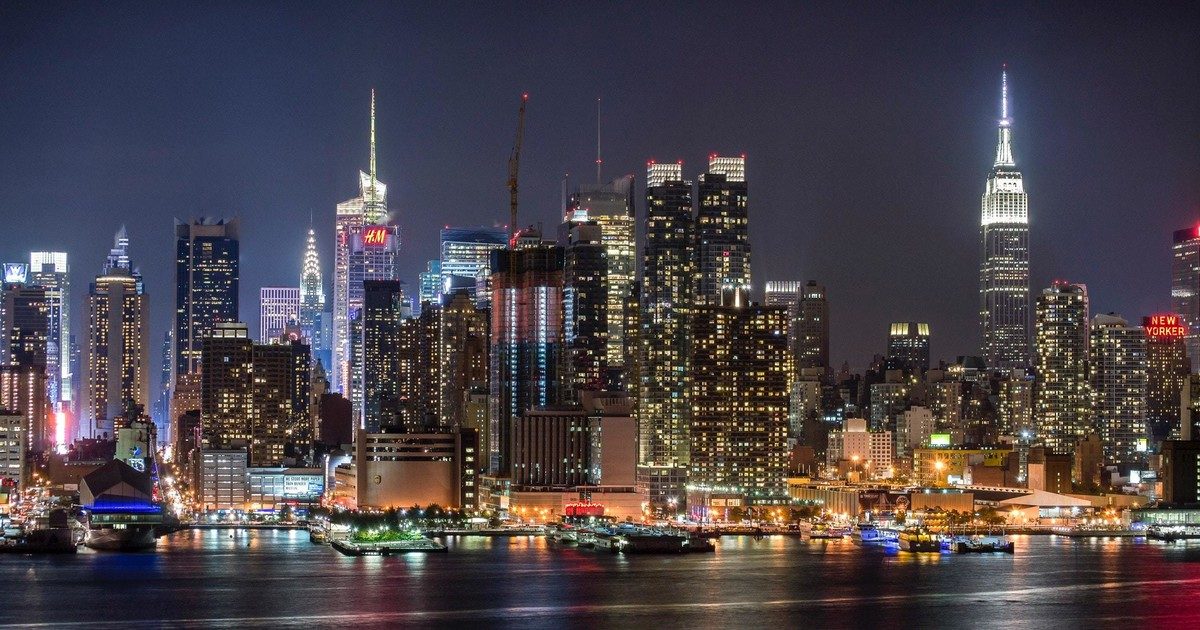In December 2nd’s class we discussed the Global City and the economic shifts that have characterized them in recent years. Ho Chi Minh City is a perfect illustration of the geographic dispersal of economic activity as it has risen in global prominence since the U.S. 2008 stock market crash. As Vietnam transitioned from a communist country after the Vietnam war, it experienced conditions of privatization, deregulation, and free trade which have been mirrored in developing countries around the world. As seen in the sexual relationships detailed in the reading, this has resulted in Asian ascendancy as well as a greater emphasis on a class-based hierarchy. Interestingly, Ho Chi Minh City does not seem to fit the pattern of denationalization of urban space. While shifting national power dynamics are at play in the city, the line between Westerners and Vietnamese is very clearly demarcated by access to specific clubs and alcohol purchasing patterns.
The concept of cynical performance which Prof. Greene brought up in class is particularly interesting when discussing sex work. It suggests that when the women engage in behaviors that emphasize their submissiveness, Asian identity or lower class status compared to their customers they do so intentionally for financial gain. They do not individually identify with the role they are performing but exploit gender, race and class dynamics to derive profit and power from market relationships with male clients.
The question posed by Sulwan about comparisons between ethnoburbs and racialized sex work in Vietnam raised many interesting points. Stereotypes directed at Asians in the ethnoburb centered around academic achievement and cultural differences. The Western men in HCMC similarly sought to project their Western bias on the Vietnamese sex workers, but different racial assumptions were made along the lines of submissiveness and economic dependency. The reading also mentioned examples of comments made by white men attempting to assert sexual superiority over Asian men. While white communities have less economic capital than their peers in both HCMC and the ethnoburb, they still assume cultural superiority over the Asian populations. Both these seem to be a symptom of the normative whiteness practiced in the U.S.
Prof. Greene described the Vietnamese government as supportive of the growing sex industry, which I would not have expected. I thought the relationship between the government and sex work was similar to the example given by the lower end bars. They paid off the police and acted under the pretense of enforced rules by hiding evidence of sex work. This view aligns with the stereotype of corruption in the developing world but clearly does not encapsulate the complex dynamics of sexual relationships in a Global City. I am curious why the government chooses to support the sex industry and what specific policy decisions have supported its growth.
The exclusivity of Vietnamese businessmen seems similar to the spatial capital and privileged consumption exercised by white gentrifiers in historically black neighborhoods. They create spaces that have no formal mechanisms to keep Westerners out but do so through de facto cultural practices surrounding sex and alcohol.
